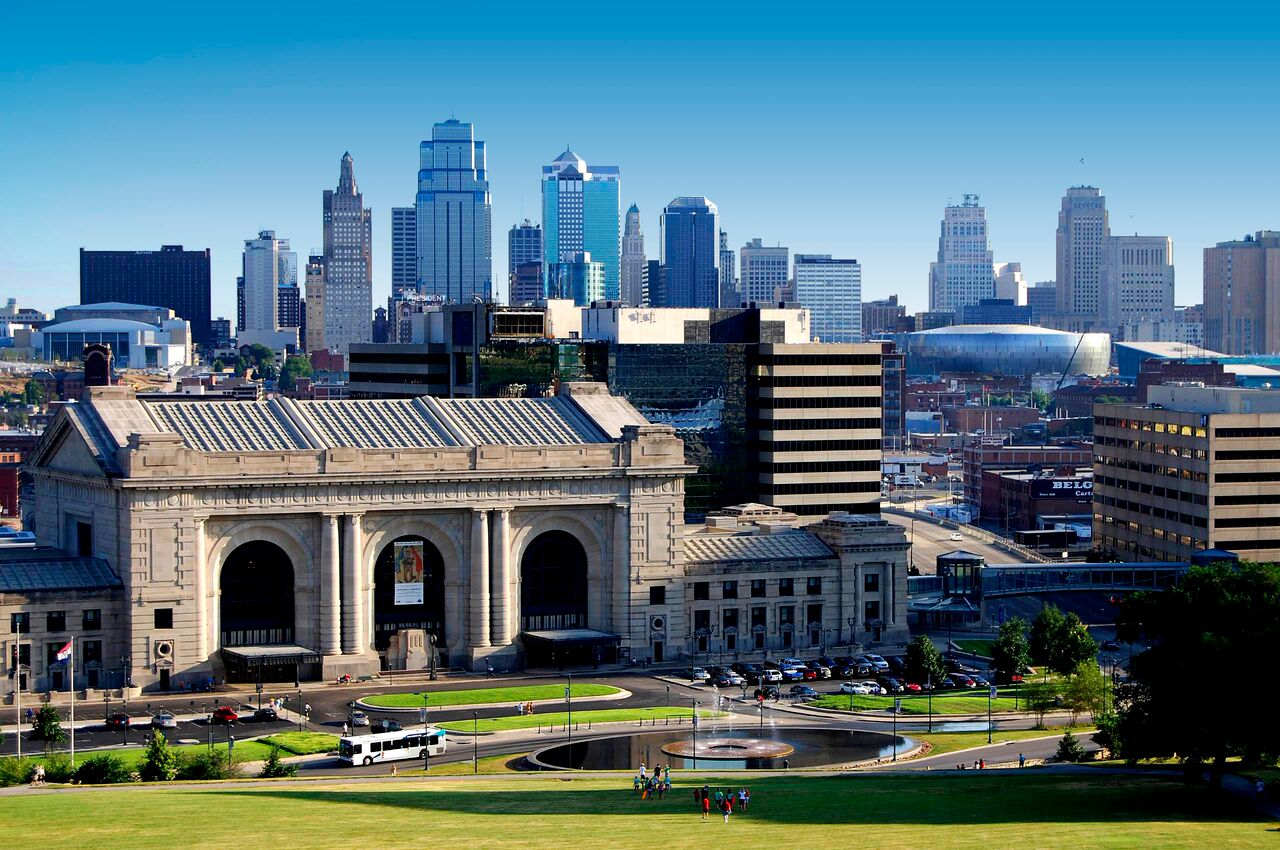The 2023 Climate Summit gathered 600 participants to build momentum and celebrate progress for regional climate action
On Saturday, September 9th, Climate Action KC (CAKC) hosted the third regional Climate Summit alongside elected officials, corporate leaders, climate advocates, and community members.
The event highlighted the region’s Climate Action Plan and efforts needed to meet the goal to achieve net-zero carbon emissions by 2050.
19 local governments, representing 83% of the population, have signed on to the Climate Action Plan, developed by CAKC and the Mid-America Regional Council.
Taking Actions for the Biggest Impact
Jeremy Knoll, CAKC president and a project manager at BNIM, spoke on current efforts to reduce carbon emissions for the buildings and transportation sectors.
“We’ve built out strategic programs to respond to our region’s biggest sources of emissions – buildings, which represent 63% of Kansas City region’s GHG emissions, and transportation, representing 31%. That’s 94% of our total emissions as a region just in those two sectors,” Knoll said.
The Building Energy Exchange KC initiative, which launched in 2021, aims to facilitate the transition to net-zero greenhouse gas emissions in buildings by 2050.
In 2023, CAKC also launched Plug-in KC, which will support the electrification of Kansas City’s transportation sector.
New Funding Opportunities
Community leaders are also strategizing on how to take advantage of historic funding opportunities for infrastructure and resiliency through the Inflation Reduction Act and the Bipartisan Infrastructure Law.
“These are truly once in a generation opportunities that we need to be well-equipped to handle as a region,” said Hillary Parker Thomas, CAKC Board Chair and City of Mission Council Member. “We have an opportunity to transform our region and build a more resilient region for everyone.”
Climate Realities
Climate change is impacting the region and studies show that Kansas City will suffer due to extreme weather, including related impacts to health outcomes, ecosystem losses, infrastructure, and to vulnerable populations.
A 2022 heat modeling study found that Kansas City is one of the top 5 metropolitan areas expected to experience heat index temperatures above 125 degrees in the coming decades.
The Weather Channel Climate Disruption Index ranked Kansas City fifth of 25 cities to be most impacted by climate change.
Held at Rockhurst University, located east of Troost in Kansas City, MO, the Climate Summit also emphasized the need to invest in previously disinvested communities due to historic redlining and structural racism.
“This legacy is still present in our communities today and systematically disinvested communities are among the most vulnerable of our neighbors to the impacts of climate change – a reality we see again and again and again with every major storm that makes the news,” Knoll said. “We have an opportunity right now to repair this divide.”
Community-Wide Action
Many local leaders spoke about solutions happening across the region and the efforts underway in municipalities, as well as in the building and transportation sectors.
“We have incredibly high levels of community engagement in this. We are trying to build energy, commitment, motivation, and capacity to execute here in our region,” said Tom Jacobs, Environmental Program Director at MARC. “In some ways, we are creating one of the models that other folks are looking toward.”
